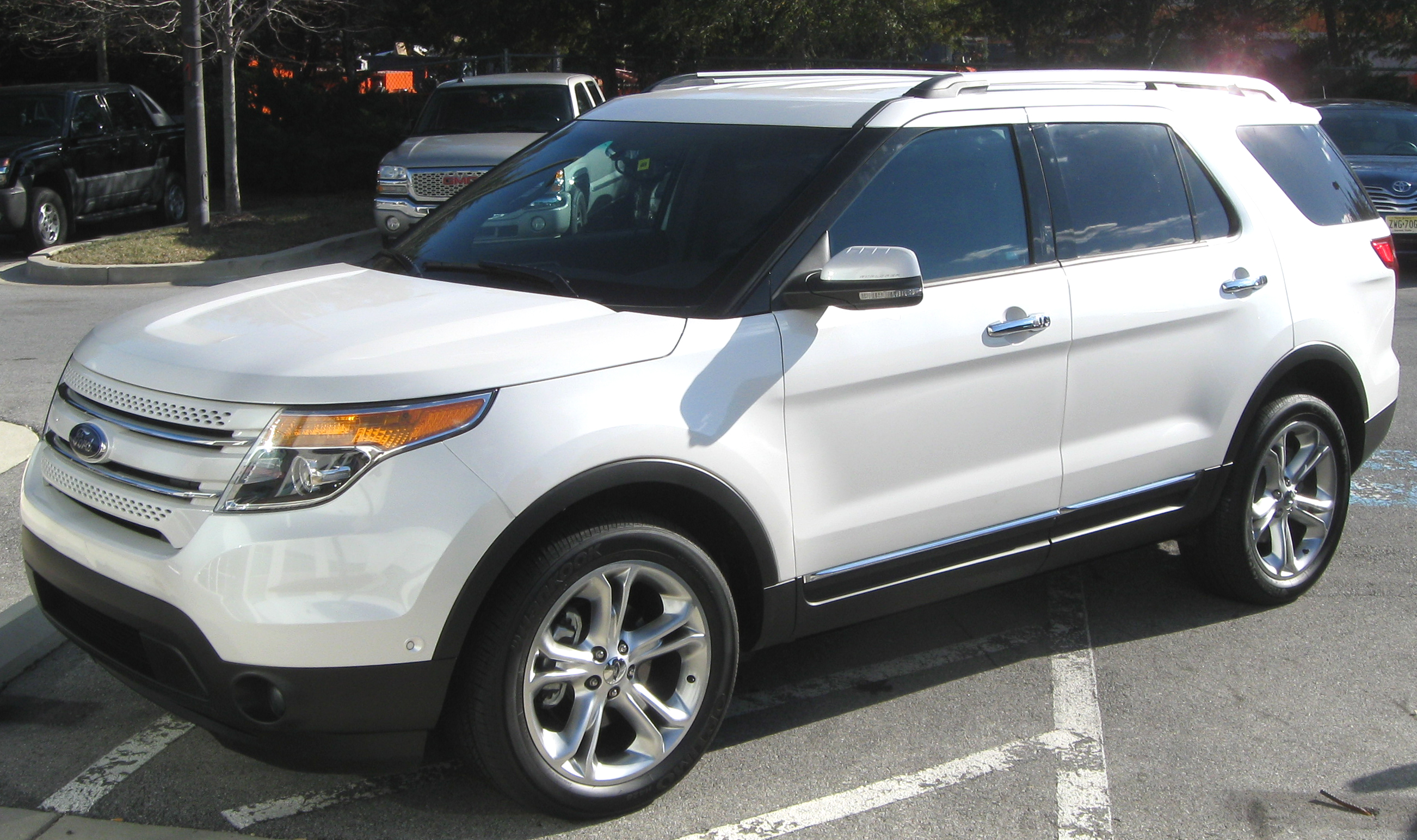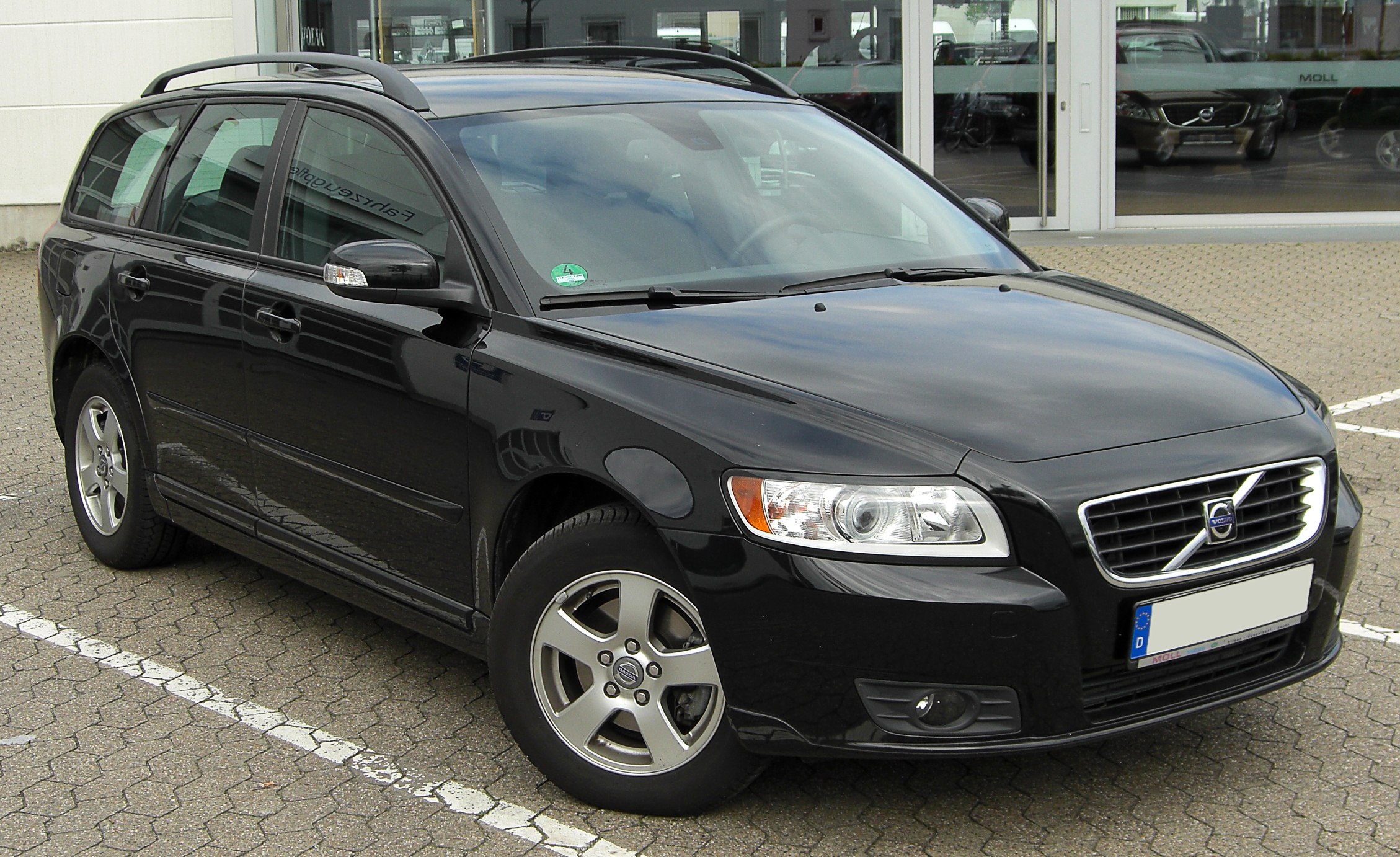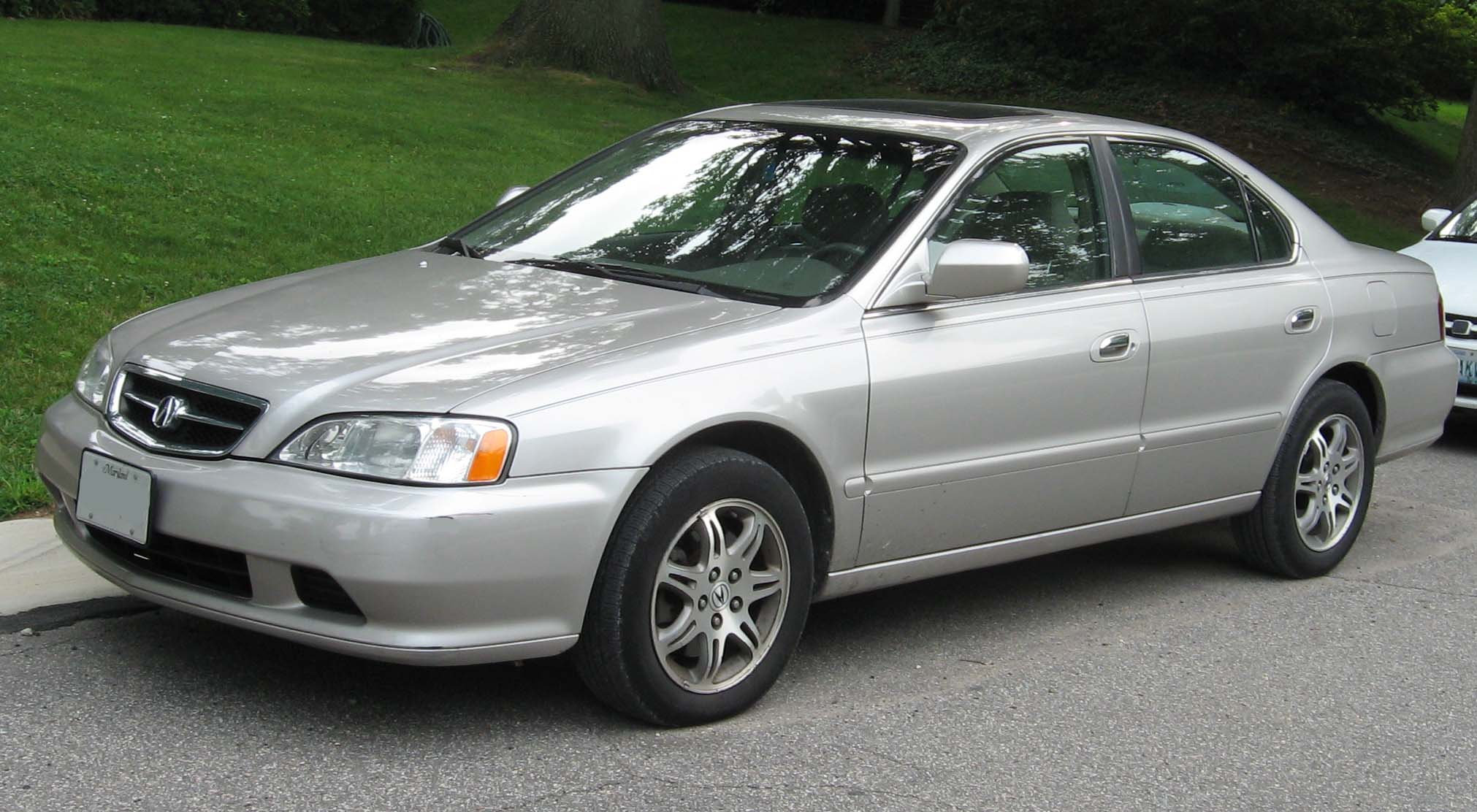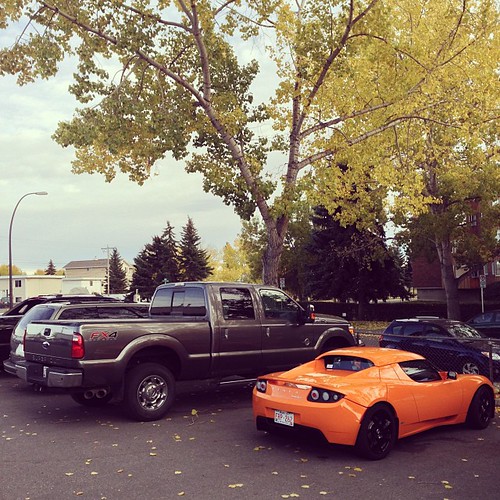
1. **Ford**: Ford made headlines as one of the earliest major manufacturers to adopt Tesla’s charging technology. From early 2024, Ford electric vehicles will be compatible with Tesla Superchargers through a hardware adapter. By 2025, the Tesla port will become a standard feature in new Ford EVs, negating the need for an adapter. This strategic move by Ford is aimed at enhancing the customer experience and expanding the BlueOval Charge network.

2. **General Motors**: Joining the ranks of Tesla tech adopters, General Motors announced that its EVs would start utilizing Tesla’s charging network by 2024 with the help of an adapter. GM plans to integrate the Tesla charging port directly into its vehicles beginning in 2025, making it easier for drivers of models like the Cadillac Lyriq and GMC Hummer to access the Supercharger network. This integration is anticipated to streamline the charging process for GM’s growing lineup of electric vehicles.

3. **Rivian**: As an innovative EV startup, Rivian is also transitioning to Tesla’s NACS. Rivian R1T and upcoming R1S models will begin using an adapter to connect to Tesla chargers from next spring. By 2025, Rivian will manufacture its vehicles with NACS ports included, underscoring its commitment to providing its users with seamless charging solutions and enhancing its competitive edge in the EV market.

4. **Volvo**: Volvo’s entry into the Tesla charging network is marked by the availability of an adapter for current Volvo EVs starting mid-next year. In line with the industry trend, Volvo plans to incorporate NACS ports in its electric vehicles from 2025 onwards. This transition is expected to augment Volvo’s electric vehicle offerings by providing more charging options and reducing range anxiety for its drivers.

5. **Polestar**: Adopting a similar approach, Polestar will introduce adapters for its vehicles in 2024 to enable charging at Tesla stations. The company will transition to building its cars with NACS ports in the 2025 model year. This move aligns Polestar with other major manufacturers, ensuring its vehicles remain competitive in a rapidly evolving market.

6. **Mercedes-Benz**: The luxury automaker has announced its intention to adopt Tesla’s NACS. Beginning next year, Mercedes-Benz EVs will gain access to Tesla’s network through adapters, with plans to include the Tesla charging port in new vehicles from 2025. This adoption highlights Mercedes-Benz’s strategy to enhance its electric vehicle lineup with more accessible and reliable charging solutions.
_%E2%80%93_Heckansicht%2C_8._Juli_2012%2C_Ratingen.jpg)
7. **Nissan**: As the first Japanese automaker to commit to Tesla’s technology, Nissan will offer adapters for existing models with CCS ports starting in 2024. By 2025, Nissan EVs for the US and Canadian markets will come equipped with the NACS port. This strategic decision marks a significant step for Nissan in improving its electric vehicle infrastructure and competitiveness.
%2C_6._Juni_2012%2C_D%C3%BCsseldorf.jpg)
8. **Fisker**: The EV startup Fisker announced its adoption of NACS in August. Fisker customers will be able to use adapters to access Tesla Superchargers starting in the first quarter of 2025. As part of its strategy, Fisker intends to update its vehicles to include the NACS inlet while continuing to offer CCS adapters for broader charging compatibility.

9. **Honda and Acura**: Honda has declared a strategic shift towards Tesla’s NACS, with plans to launch a new EV model in North America equipped with this port by 2025. For their current EV lineup using the traditional CCS port, Honda will provide compatibility with Tesla chargers using an adapter, ensuring that both Honda and its luxury division Acura transition smoothly into the Tesla charging ecosystem.

10. **Jaguar**: In a move that aligns with its future electric ambitions, Jaguar announced that all electric vehicles sold in the US, Canada, and Mexico from 2025 onward will feature the Tesla NACS port. This transition will not only support Jaguar’s goal of becoming an all-electric vehicle brand by 2025 but also make Tesla’s robust charging network accessible to its existing and future customers with compatible adapter solutions.

11. **Hyundai and Kia**: The South Korean automotive giants, Hyundai and Kia, have decided to embrace Tesla’s charging standard, starting with new or updated EV models in the US by late next year. This significant transition means that Canadian models will access Tesla Superchargers in early 2025. Hyundai and Kia’s commitment to providing adapters for CCS-equipped vehicles ensures broad compatibility and integration within the Tesla network.

12. **BMW, Mini, and Rolls-Royce**: The iconic German automaker BMW, including its brands Mini and Rolls-Royce, confirmed mid-October the adoption of Tesla’s NACS across all its electric vehicles. By 2025, BMW will equip its vehicles with the integrated Tesla port, while in the interim, offering adapters for current EV models to ensure seamless charging experiences at Tesla stations.

13. **Toyota and Lexus**: After the announcements from Hyundai and BMW, Toyota declared its intention to equip its EVs, including those under its luxury brand Lexus, with the NACS port starting in 2025. Toyota’s move aims to integrate its electric lineup with Tesla’s expansive charging infrastructure and offer adapters for vehicles with the existing CCS port to enhance their charging options.

14. **Lucid Motors**: Although previously hesitant, Lucid Motors finally joined the ranks by announcing its future vehicles will be compatible with Tesla’s charging network via adapters in 2025. Lucid plans to include the Tesla NACS in its upcoming models, reflecting its strategic pivot to align with the industry’s trend and improve its financial situation.

15. **Volkswagen Group**: Volkswagen, along with its premium brands Audi, Porsche, and Bentley, is exploring NACS adoption. While formally uncommitted, discussions are ongoing to potentially equip future models with Tesla charging capabilities, reflecting VW’s intent to widen its charging options and improve customer satisfaction.

16. **Stellantis**: Known for its brands like Jeep and Chrysler, Stellantis remains another significant holdout, cautiously evaluating the transition to the NACS. With market pressures and the benefits of Tesla’s network, industry experts speculate that Stellantis might soon announce plans to embrace Tesla’s charging standard, facilitating a smoother experience for its EV drivers.

The adoption of Tesla’s charging technology by these automakers signifies a pivotal evolution in the electric vehicle industry. As more brands transition to this standard, the accessibility and convenience offered by Tesla’s network are set to redefine the landscape, encouraging wider acceptance and use of electric vehicles. The combined impact of these transitions will undoubtedly foster a future where seamless and reliable charging becomes the norm, alleviating common concerns like range anxiety and enhancing the overall driving experience for EV owners.
Related posts:
Who are the last remaining holdouts on Tesla’s charging standard?
One of the last major holdouts says it will adopt Tesla’s charging technology — here’s the full list of car companies making the switch
Tesla Charging Standard Sweeps Across EVs: Here’s When the Switch Will Happen




